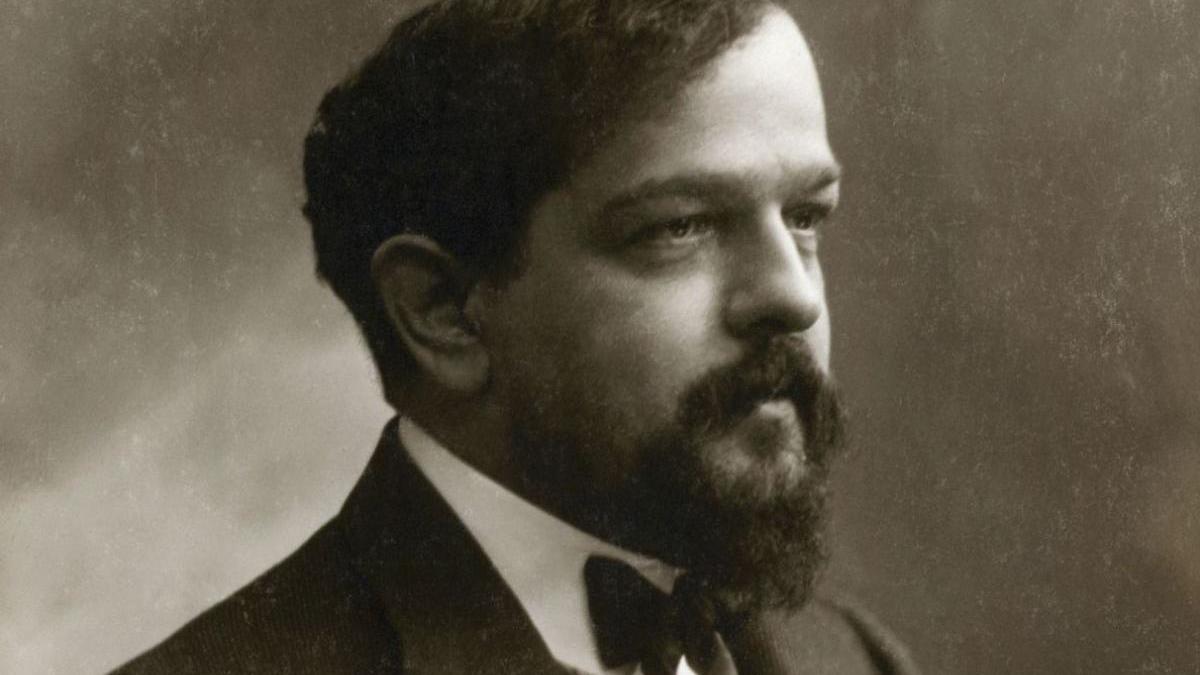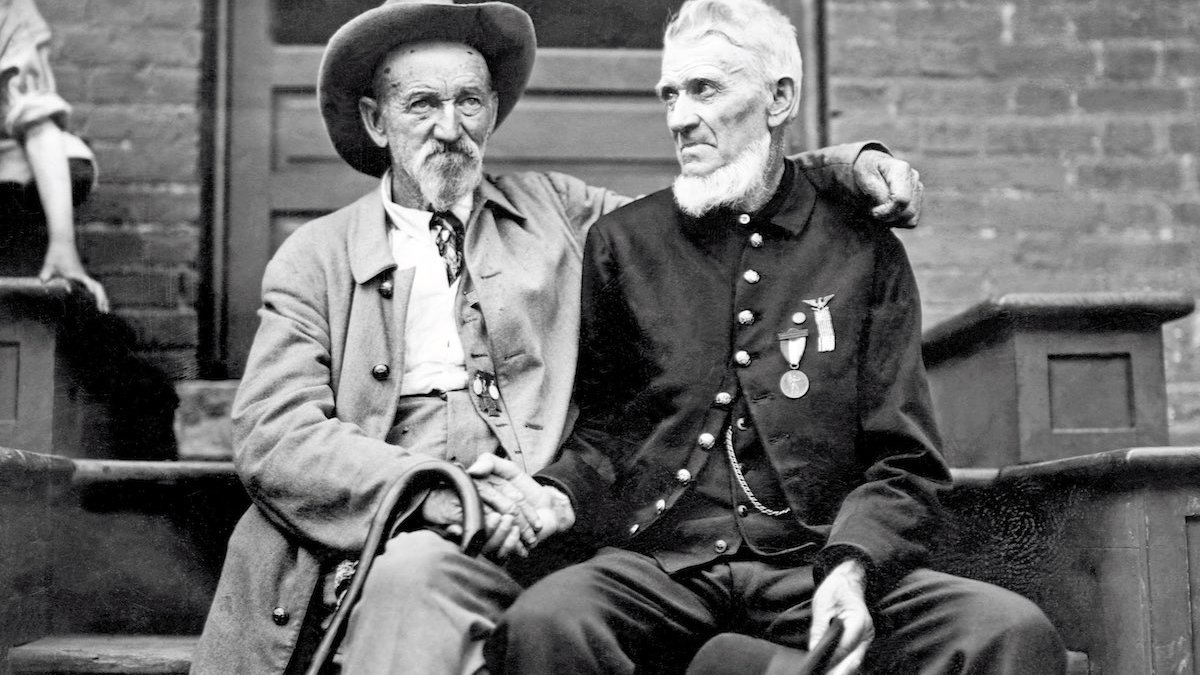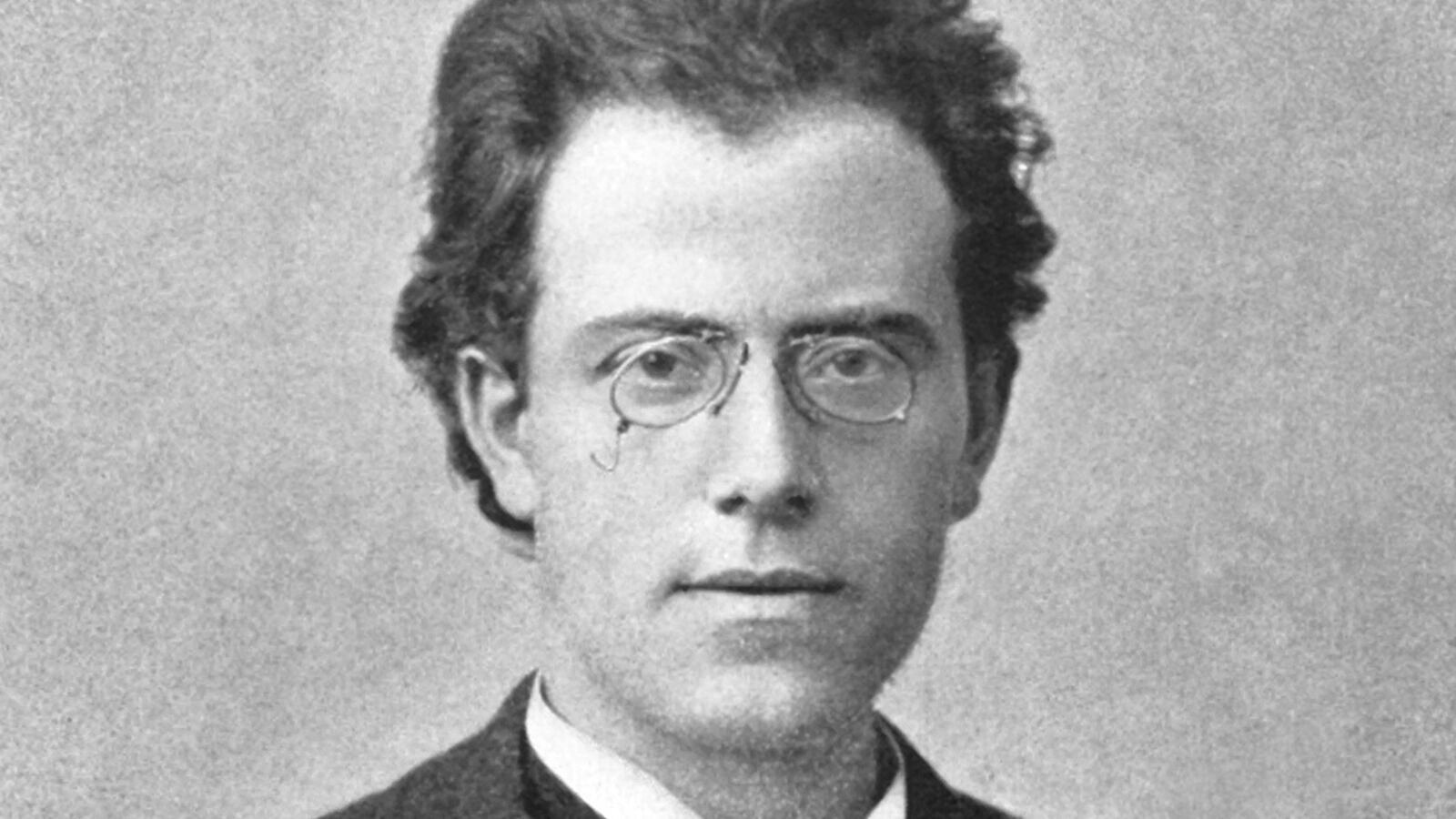Carl Ruggles’ “Toys”: An American Art Song Miniature
Carl Ruggles (1876-1971) was one of the great American maverick composers of the twentieth century. A prickly and eccentric New Englander, he found kinship with such contemporaries as Henry Cowell, Edgard Varèse, and Charles Ives. His musical style, described as “dissonant counterpoint,” reflects the kind of brash and adventurous Yankee individualism we hear in Ives. Ruggles worked painstakingly slowly, sitting at the piano and playing each chord repeatedly to determine if it would …







